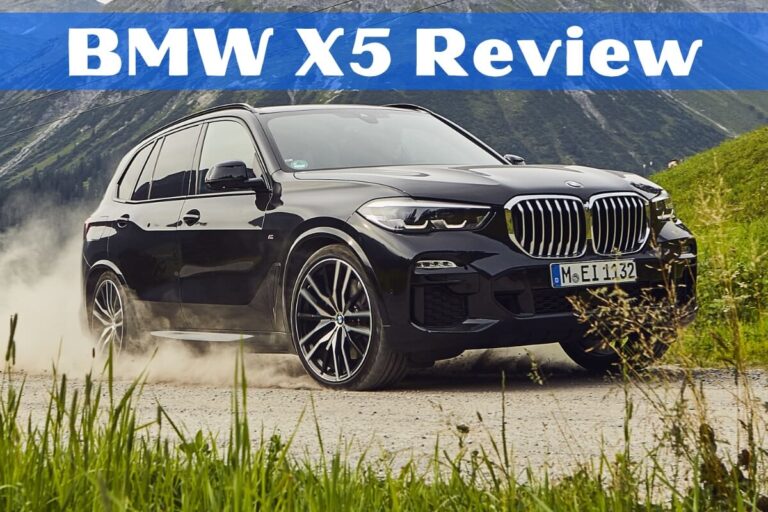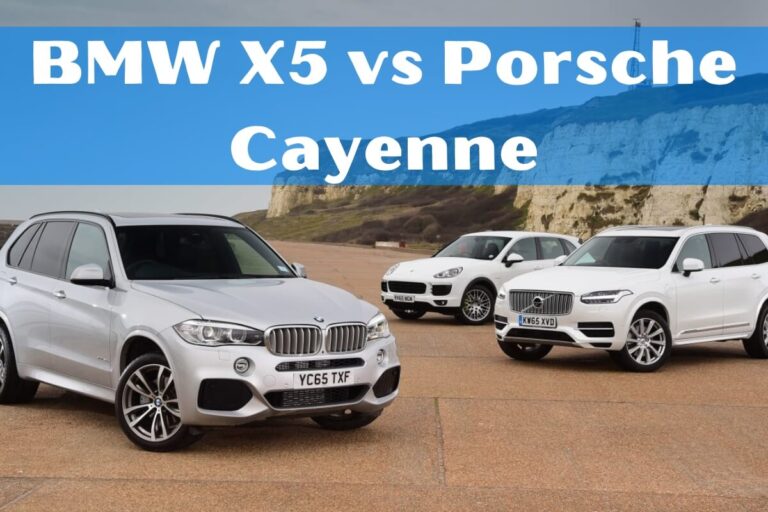How Much Does It Cost to Lease a BMW? A Comprehensive Guide
Leasing a BMW is an attractive option for many luxury car enthusiasts who want to drive a high-end vehicle without the long-term commitment of purchasing. The cost of leasing a BMW can vary depending on several factors, including the model, trim level, lease term, and location. In this article, we’ll explore the average costs associated with leasing a BMW and address common questions about the process.
Here’s what we’ll cover:
- Average Monthly Lease Payments for Popular BMW Models
- Factors Affecting BMW Lease Costs
- Upfront Costs of Leasing a BMW
- Comparing Leasing vs. Buying a BMW
- Tips for Getting the Best BMW Lease Deal
Average Monthly Lease Payments for Popular BMW Models
To give you an idea of what to expect, here are some typical monthly lease payments for popular BMW models:
- BMW 3 Series Sedan: $499 – $699 per month
- BMW X3 SUV: $549 – $749 per month
- BMW 5 Series Sedan: $649 – $899 per month
- BMW X5 SUV: $699 – $999 per month
- BMW M3/M4: $799 – $1,199 per month
Keep in mind that these are just rough estimates, and your actual lease payment may be higher or lower depending on various factors.
Factors Affecting BMW Lease Costs
Several factors can influence the cost of leasing a BMW, including:
Model and Trim Level
Higher-end BMW models and trim levels with more features and advanced technology will generally have higher lease payments. For example, leasing a top-of-the-line BMW M8 Convertible will cost significantly more than leasing an entry-level BMW 3 Series Sedan.
Lease Term
Typically, shorter lease terms (24 or 36 months) will result in higher monthly payments compared to longer terms (39 or 48 months). However, longer lease terms may come with higher mileage limits and additional fees.
Annual Mileage Limit
Most BMW leases have an annual mileage limit, usually between 10,000 and 15,000 miles. If you anticipate driving more miles than the limit, you may need to pay an additional fee or negotiate a higher mileage allowance, which can increase your monthly payment.
Location
Lease prices can vary depending on your location and the local market conditions. Prices may be higher in urban areas or regions with a higher demand for luxury vehicles.
Incentives and Special Offers
BMW often offers incentives, rebates, and special lease deals that can significantly reduce the monthly payment or upfront costs. These offers can change frequently, so it’s essential to check for current promotions when shopping for a BMW lease.
Upfront Costs of Leasing a BMW
In addition to the monthly lease payment, you’ll need to consider the upfront costs associated with leasing a BMW. These typically include:
Down Payment or Capitalized Cost Reduction
Most BMW leases require a down payment, also known as a capitalized cost reduction. This upfront payment can range from a few thousand dollars to as much as 20% of the vehicle’s MSRP (Manufacturer’s Suggested Retail Price). The higher the down payment, the lower your monthly lease payment will be.
Acquisition Fee
BMW charges an acquisition fee, typically around $995, to cover the administrative costs of setting up the lease. This fee is due at the time of signing the lease agreement.
First Month’s Payment
You’ll need to pay the first month’s lease payment upfront when you sign the lease agreement.
Sales Tax
In most states, you’ll need to pay sales tax on the monthly lease payments, which can add a significant amount to the total cost of the lease.
Other Fees
Depending on the lease agreement, you may also need to pay additional fees, such as a disposition fee (charged at the end of the lease for returning the vehicle), a security deposit, or a registration fee.
Comparing Leasing vs. Buying a BMW
When deciding whether to lease or buy a BMW, it’s essential to consider the pros and cons of each option:
Advantages of Leasing:
- Lower monthly payments compared to financing
- Access to a new BMW every few years with the latest features and technology
- Potential tax benefits for business use
- No need to worry about resale value or trade-in hassles
Disadvantages of Leasing:
- You don’t own the vehicle at the end of the lease
- Mileage limits and potential fees for excess wear and tear
- Ongoing monthly payments with no ownership equity
Advantages of Buying:
- You own the vehicle outright after completing the loan payments
- No mileage limits or restrictions on modifications
- Potential for long-term cost savings if you keep the vehicle for many years
Disadvantages of Buying:
- Higher monthly payments compared to leasing
- Responsibility for maintenance and repair costs after the warranty expires
- Depreciation and the need to negotiate a trade-in or resale value
Ultimately, the decision to lease or buy a BMW depends on your personal preferences, driving habits, and financial situation.
Tips for Getting the Best BMW Lease Deal
To ensure you get the best possible deal when leasing a BMW, consider the following tips:
Negotiate the Price
Don’t simply accept the advertised lease price. Negotiate the capitalized cost (the agreed-upon value of the vehicle) and the money factor (the interest rate) to get the lowest possible monthly payment.
Time Your Lease
BMW often offers special lease incentives and promotions at different times of the year, such as the end of the model year or during holiday sales events. Timing your lease around these periods can help you secure a better deal.
Consider Certified Pre-Owned
If you’re open to leasing a slightly used BMW, consider a certified pre-owned (CPO) model. CPO vehicles often have attractive lease rates and come with extended warranty coverage.
Shop Around
Don’t limit yourself to a single BMW dealership. Shop around and compare lease offers from multiple dealerships in your area to find the best deal.
Assess Your Driving Habits
Carefully consider your annual mileage needs and potential wear and tear on the vehicle. Underestimating these factors can lead to costly overage fees at the end of the lease.
Read the Fine Print
Before signing a BMW lease agreement, thoroughly review the terms and conditions, including mileage limits, wear and tear guidelines, early termination fees, and any additional costs you may incur. Understanding the fine print is crucial to avoid any unexpected charges or penalties down the line.
Mileage Limits: Most BMW leases come with an annual mileage limit, typically ranging from 10,000 to 15,000 miles. If you exceed this limit, you’ll be charged an excess mileage fee, which can be substantial (often around 20 to 30 cents per mile). Make sure the mileage limit aligns with your anticipated driving habits.
Wear and Tear Guidelines: BMW has specific guidelines for what constitutes “normal wear and tear” on the leased vehicle. Any damage or excessive wear beyond these guidelines may result in additional fees at the end of the lease. Familiarize yourself with these guidelines to avoid unexpected charges.
Early Termination Fees: If you need to end your BMW lease early, you may be subject to an early termination fee, which can be steep. Understand the terms and conditions for early termination and consider whether a lease trade-in or transfer may be a better option if your circumstances change.
Disposition Fee: Many BMW leases include a disposition fee, typically ranging from $300 to $500, which covers the cost of preparing the vehicle for resale or return after the lease ends.
Additional Fees: Be aware of any other potential fees, such as a security deposit, acquisition fee, or registration fees, which can add to the overall cost of your BMW lease.
By carefully reading and understanding the fine print of your lease agreement, you can avoid any surprises and make an informed decision about whether leasing a BMW is the right choice for you.
Consider Your Long-Term Goals
When deciding whether to lease or buy a BMW, it’s essential to consider your long-term goals and driving needs. If you enjoy having the latest model with the newest features and technology every few years, leasing may be the way to go. However, if you plan to keep the vehicle for an extended period, buying may be more cost-effective in the long run.
Leasing a BMW can be an excellent option for those who prefer a flexible, short-term commitment and want to avoid the hassle of reselling or trading in their vehicle. However, it’s crucial to understand that you won’t build any equity in the vehicle, and there may be additional costs at the end of the lease, such as excess mileage or wear and tear fees.
On the other hand, buying a BMW allows you to build equity and potentially save money over time, especially if you plan to keep the vehicle for several years after the loan is paid off. However, you’ll need to consider the higher monthly payments, ongoing maintenance costs, and depreciation of the vehicle’s value over time.
Conclusion
Leasing a BMW can be an attractive option for those who want to enjoy the luxury and performance of a high-end vehicle without the long-term commitment of ownership. While the monthly lease payments may be lower than financing, it’s essential to consider the upfront costs, mileage limits, and potential fees for excess wear and tear.
By understanding the factors that affect BMW lease costs, carefully reviewing the lease agreement, and considering your long-term goals, you can make an informed decision about whether leasing or buying a BMW is the right choice for you.
Remember, the key to getting the best deal on a BMW lease is to do your research, negotiate effectively, and time your lease around special incentives and promotions. With the right approach, you can drive your dream BMW while staying within your budget.






